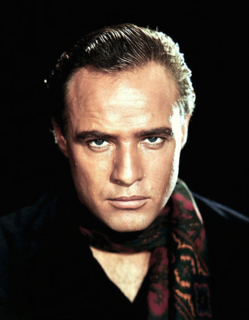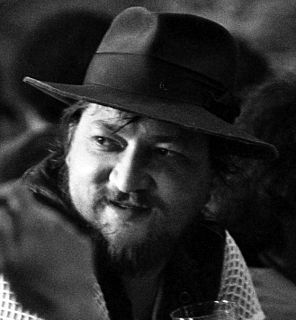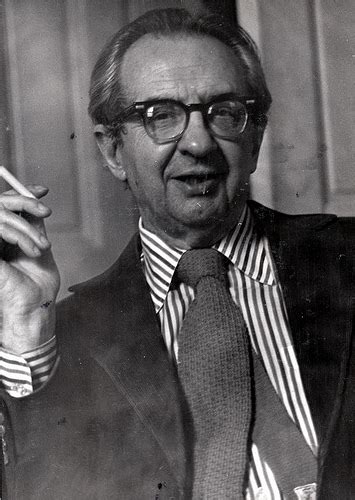A Quote by Rick Riordan
I stick closely to the structure of the myths. I may have some fun with the mythology by changing the environment to modern-day, but the structure of the myths, the monsters, the relationships of the gods - none of that is made up.
Related Quotes
Myths, as compared with folk tales, are usually in a special category of seriousness: they are believed to have "really happened,"or to have some exceptional significance in explaining certain features of life, such as ritual. Again, whereas folk tales simply interchange motifs and develop variants, myths show an odd tendency to stick together and build up bigger structures. We have creation myths, fall and flood myths, metamorphose and dying-god myths.
Now the myths represent the Gods themselves and the goodness of the Gods subject always to the distinction of the speakable and the unspeakable, the revealed and the unrevealed, that which is clear and that which is hidden: since, just as the Gods have made the goods of sense common to all, but those of intellect only to the wise, so the myths state the existence of Gods to all, but who and what they are only to those who can understand.
It may be said that myths give to the transcendent reality an immanent, this-worldly objectivity. Myths speak about gods and demons as powers on which man knows himself to be dependent, powers whose favors he needs, powers whose wrath he fears. Myths express the knowledge that man is not master of the world and his life, that the world within which he lives is full of riddles and mysteries and that human life also is full of riddles and mysteries.
We still like to make up stories, just as our ancestors did, which use personification to explain the great forces of our existence. Such stories, which explain how the world began or where the sun goes when it sets, we call myths. Mythology is a natural product of the symbolizing mind; poets, when not making up myths of their own, are still commanding ancient ones.
"The myths," says Horace in his Ars Poetica, "have been invented by wise men to strengthen the laws and teach moral truths." While Horace endeavored to make clear the very spirit and essence of the ancient myths, Euhemerus pretended, on the contrary, that "myths were the legendary history of kings and heroes, transformed into gods by the admiration of the nations." It is the latter method which was inferentially followed by Christians when they agreed upon the acceptation of euhemerized patriarchs, and mistook them for men who had really lived.


































